How To Treat Oily Skin
Challenges with Oily Skin
Excessive oil production can make managing oily skin a bit tricky. It often results in a shiny complexion, frequent makeup breakdown, and clogged pores that may lead to acne. The challenge is compounded when incorrect skincare practices or products are used, as they can strip the skin of its natural oils, leading to even more oil production as the skin tries to compensate. Finding the right balance of hydration and oil control is key to managing oily skin effectively.
Key Skincare Steps for Oily Skin

- Cleansing: Start by gently cleansing your face without over-scrubbing. Over-cleansing can strip the skin of essential oils, leading to increased oil production. Keep your cleansing time between 40 seconds to 1 minute to effectively remove impurities without irritating the skin.
- Facial Cleansing: When washing your face, use lukewarm water (36-38°C) and a gentle foam cleanser. Focus on the T-zone, where oil production is typically higher. Wash gently and avoid rubbing the skin to prevent irritation and excess oil production.
- Moisturizing: After cleansing, apply a lightweight moisturizer immediately. This helps balance the moisture and oil levels in your skin, preventing your skin from becoming overly oily or dehydrated.
- Sun Protection: Sunscreen is crucial for oily skin, just as it is for any skin type. Choose a non-comedogenic formula and reapply every 2-3 hours, especially if you’re outdoors. This protects your skin from UV damage and helps maintain a balanced complexion.
Skincare Tips for Oily Skin

- Avoid Rubbing the Skin: Be gentle with your skin to prevent damage and irritation, which can trigger increased oil production. Instead of rubbing, use light, patting motions when applying products.
- Use Oil-Free, Alcohol-Free Products: Opt for oil-free and alcohol-free skincare products to avoid aggravating your skin. These products help prevent clogged pores and keep your skin balanced without causing excess oiliness.
- Incorporate Ingredients like Vitamin C and B6: Consider using products that contain Vitamin C and B6. These ingredients can help regulate oil production, reduce shine, and improve your overall skin texture, making them beneficial for oily skin.
Lifestyle Adjustments for Oily Skin Improvement

- Diet: Cutting down on sugary and fatty foods can help reduce excess oil production. A balanced diet rich in whole foods supports overall skin health and may help control oiliness.
- Vitamins: Incorporate vitamins B1, B2, B6, A, and C through your diet or supplements. These vitamins play a crucial role in maintaining healthy skin, regulating oil production, and improving skin tone and texture.
- Smoking and Alcohol: Reducing smoking and alcohol consumption is key to preventing oil overproduction and maintaining skin elasticity. Both smoking and alcohol can disrupt your skin’s natural balance and lead to increased oiliness.
- Sleep: Prioritize getting enough sleep to help regulate hormones and reduce stress, both of which can exacerbate oily skin. A good night’s rest contributes to overall skin health and can minimize excessive oil production.
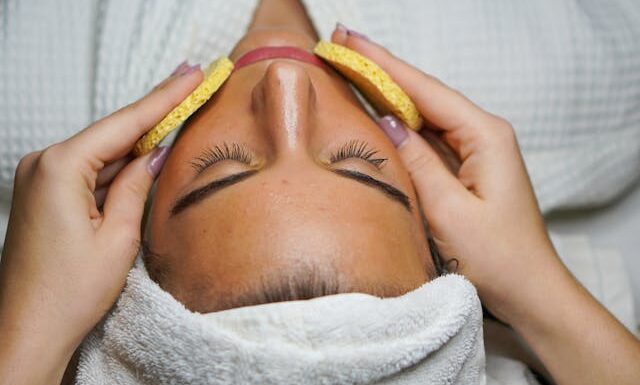
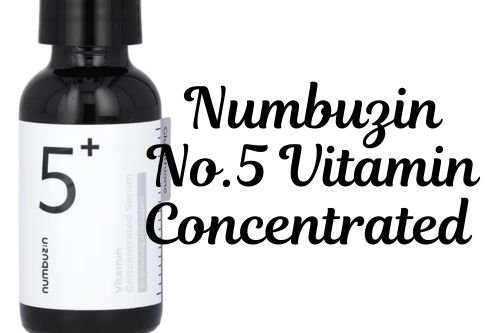
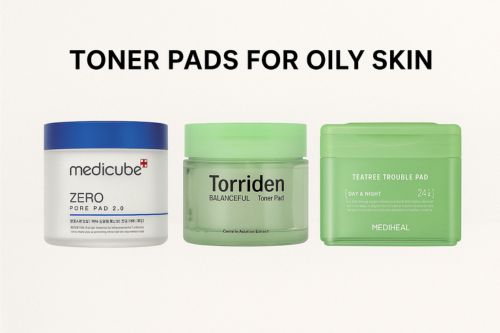
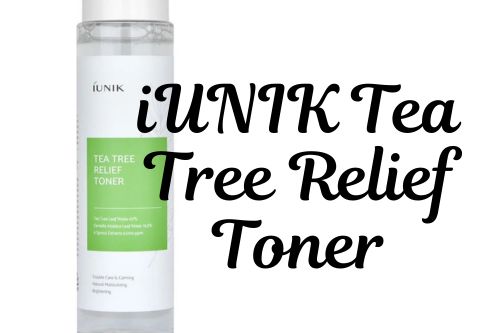
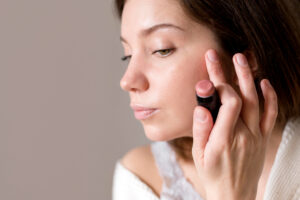

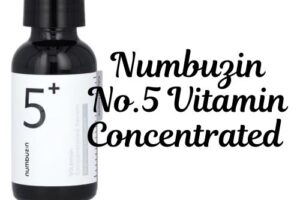
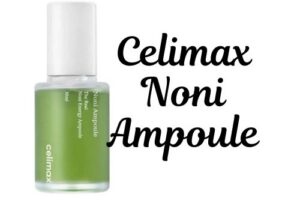
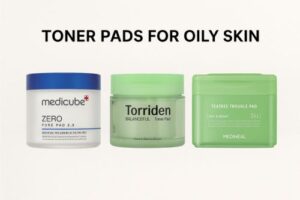
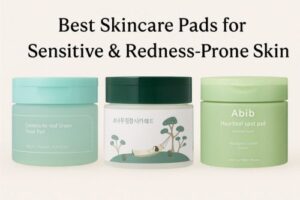
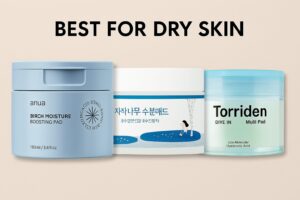
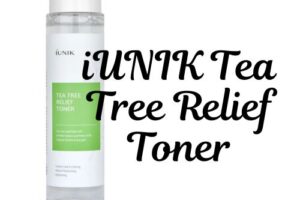
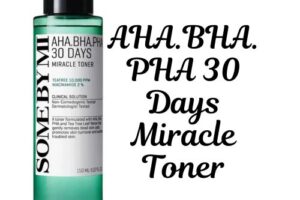

6 comments